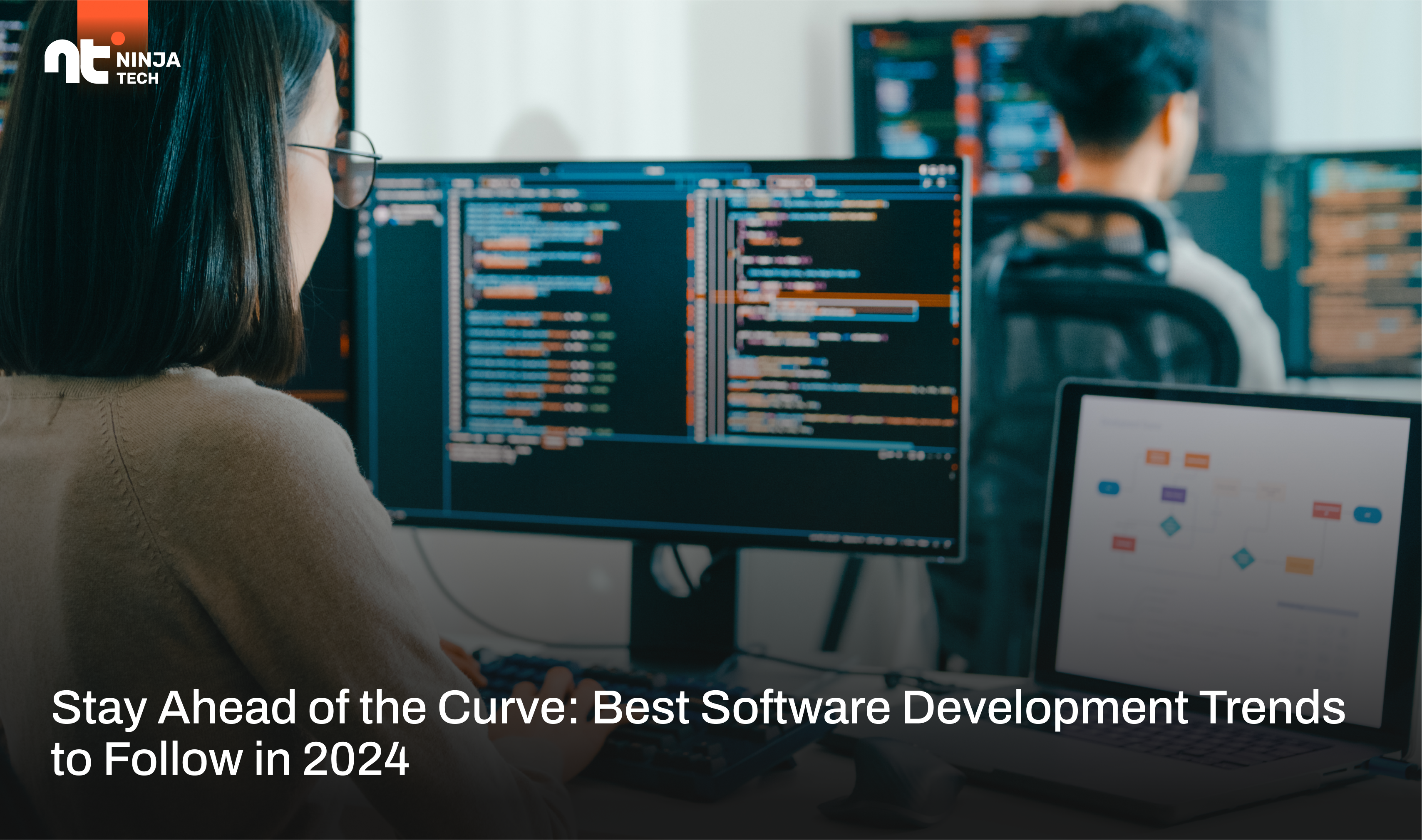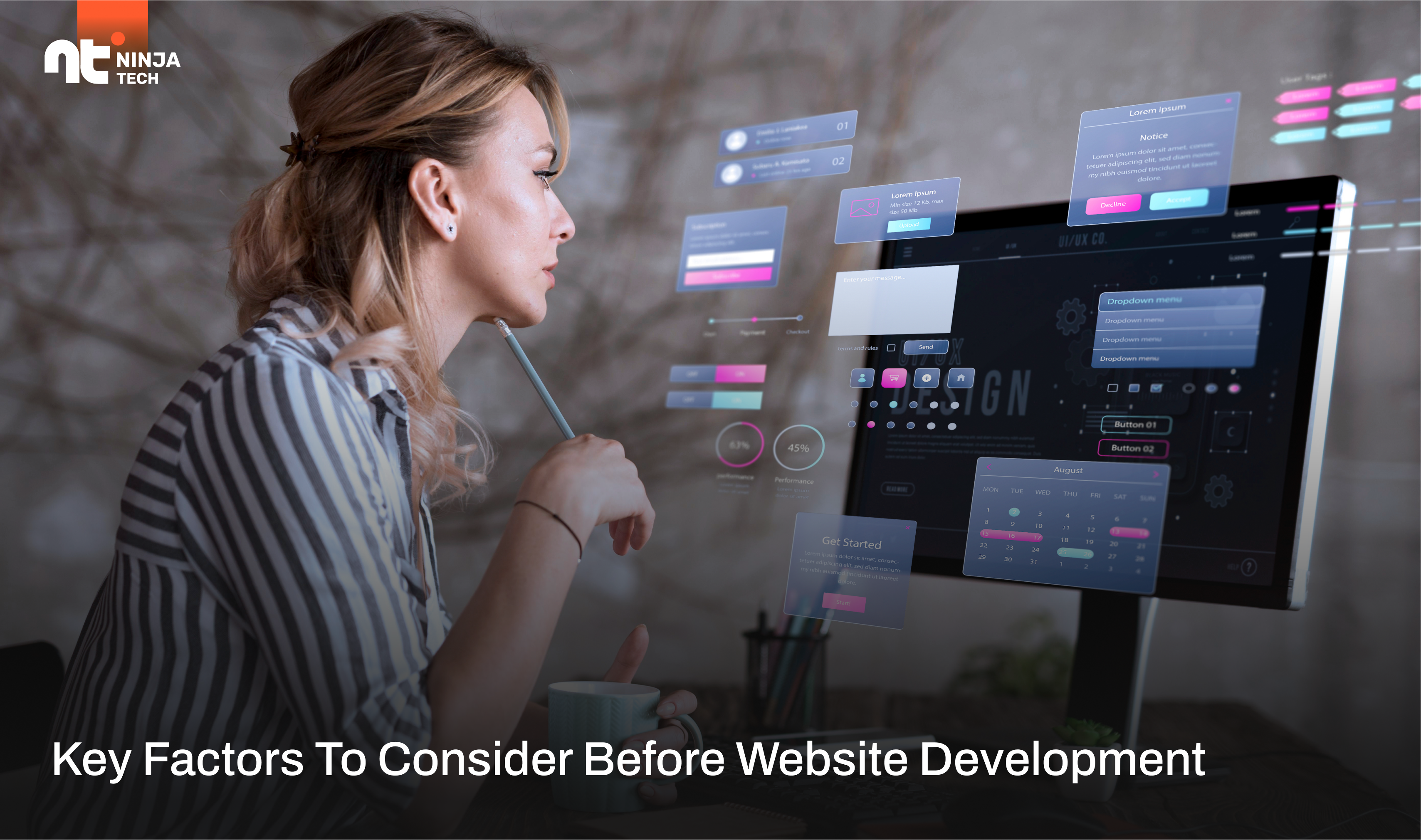ChatGPT vs. Traditional Marketing: How Automation Transforms the Game
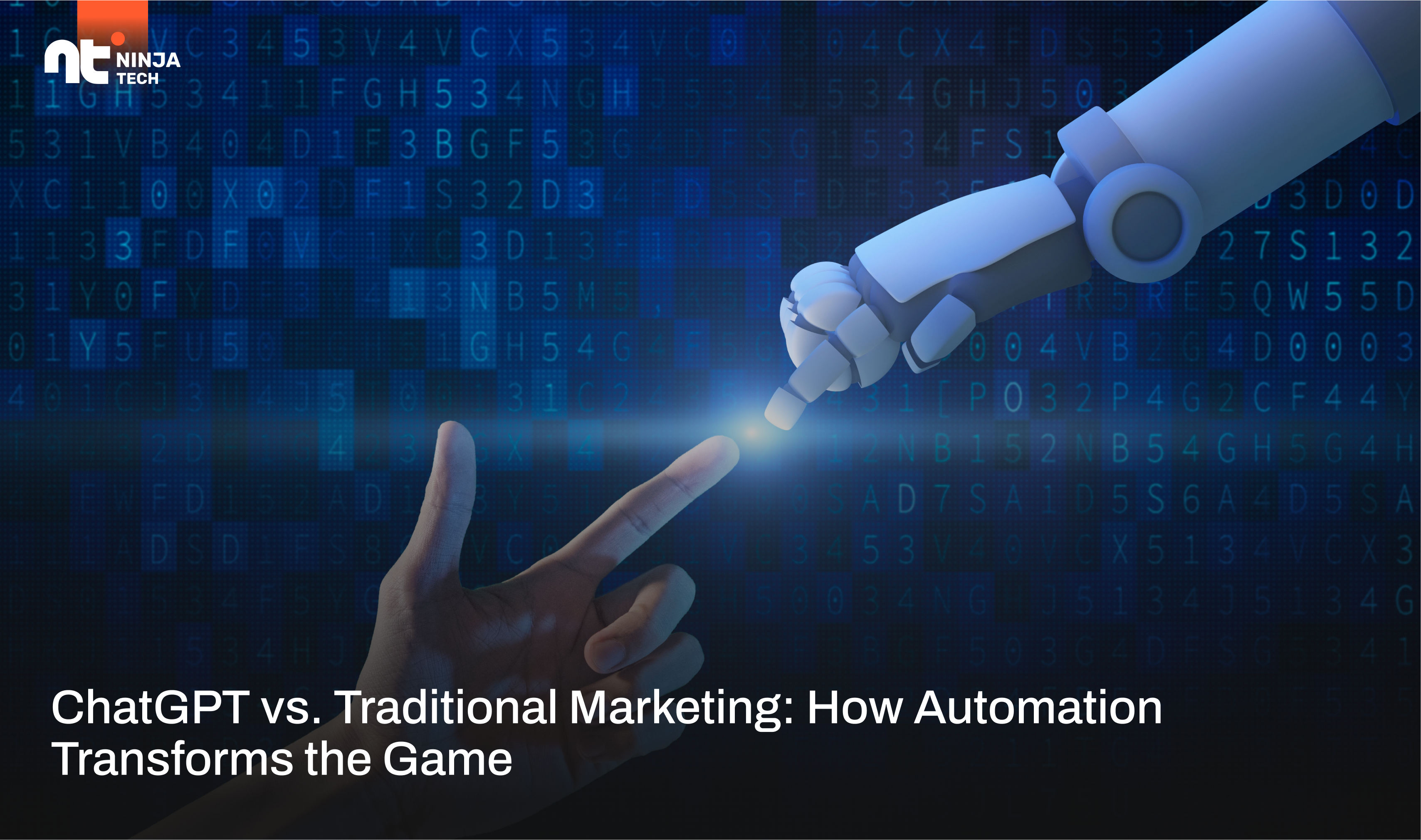
In the fast-paced world of marketing, businesses are constantly seeking innovative ways to reach their target audience and drive sales. Traditional marketing methods have long been the go-to strategy for reaching customers, but with advancements in technology, automation is revolutionizing the game. In this blog post, we’ll explore the differences between ChatGPT and traditional marketing and how automation is transforming the marketing landscape.
Understanding Traditional Marketing
Traditional marketing encompasses various offline methods of promoting products or services, such as print advertisements, television commercials, radio spots, and direct mail. These methods have been the cornerstone of marketing for decades, relying on mass media to broadcast messages to a broad audience.
The Rise of ChatGPT and Automation
In contrast, ChatGPT leverages artificial intelligence (AI) and natural language processing (NLP) to automate communication with customers through chatbots. These chatbots can interact with users in real-time, answer questions, provide recommendations, and even complete transactions—all without human intervention.
Key Differences Between ChatGPT and Traditional Marketing
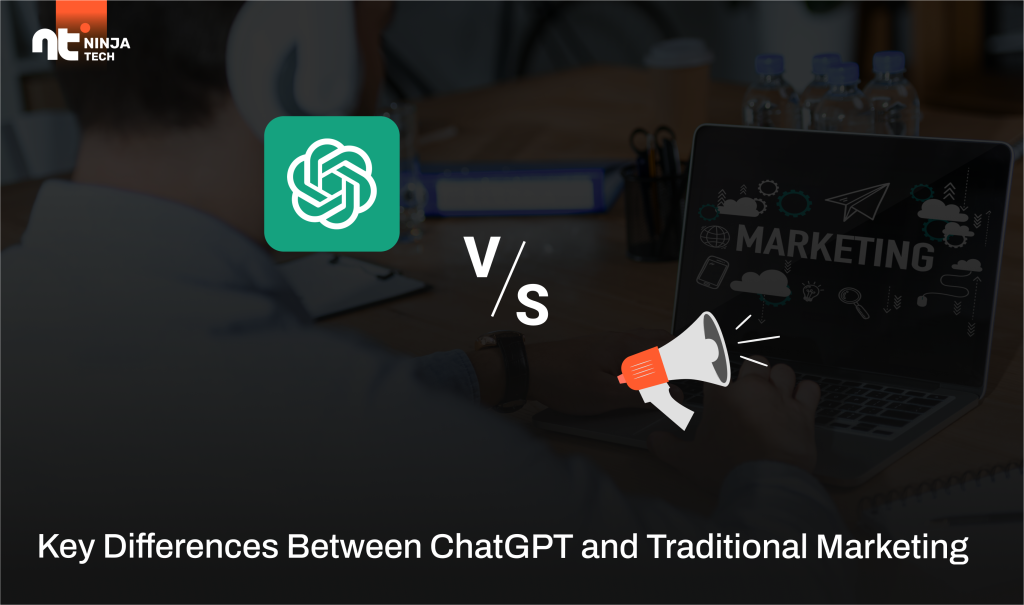
- Personalization:Traditional marketing often takes a one-size-fits-all approach, delivering the same message to a broad audience. ChatGPT, on the other hand, enables personalized interactions with customers, tailoring responses based on individual preferences and behavior.
- 24/7 Availability:While traditional marketing channels have limited operating hours, ChatGPT-powered chatbots are available 24/7, allowing businesses to engage with customers at any time of day or night.
- Scalability:ChatGPT offers scalability that traditional marketing methods struggle to match. Chatbots can handle an unlimited number of conversations simultaneously, making it easy to scale customer support and sales efforts as the business grows.
- Cost-Effectiveness:Traditional marketing campaigns often require significant investment in advertising space or airtime. ChatGPT, on the other hand, offers a cost-effective solution, with chatbots automating tasks that would otherwise require human resources.
How Automation Transforms Marketing
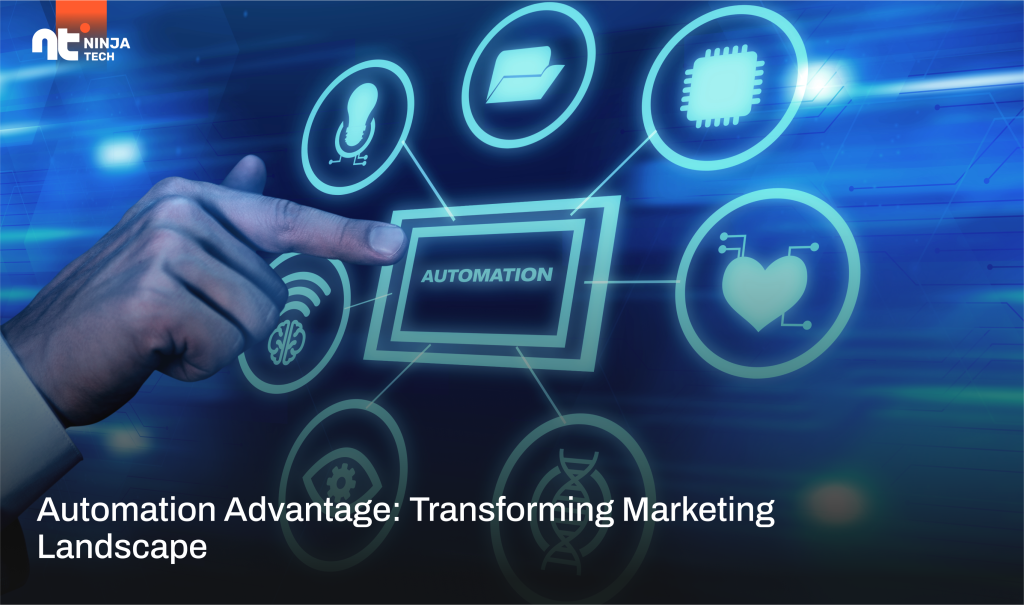
- Enhanced Customer Experience:Automation allows businesses to deliver personalized, timely responses to customer inquiries, improving satisfaction and loyalty.
- Increased Efficiency:By automating routine tasks, businesses can free up time for employees to focus on higher-value activities, such as strategy development and creative marketing initiatives.
- Data-Driven Insights:ChatGPT-powered chatbots can collect valuable data on customer interactions, preferences, and behavior, providing businesses with insights to inform future marketing strategies.
- Improved Lead Generation and Conversion:Chatbots can qualify leads, guide customers through the sales funnel, and even complete transactions, leading to higher conversion rates and increased revenue.
Case Study: XYZ Clothing Co.
Let’s take a look at how CleanMan Clothing Co. leveraged ChatGPT to transform their marketing efforts. By implementing a chatbot on their website and social media channels, CleanMan Clothing Co. was able to provide personalized recommendations to customers, answer common questions, and assist with sizing and fit inquiries. As a result, they saw a 30% increase in online sales and a significant reduction in customer support inquiries, freeing up resources to focus on other aspects of their business.
Conclusion:
In conclusion, ChatGPT and automation are transforming the game of marketing by offering personalized interactions, 24/7 availability, scalability, and cost-effectiveness. Businesses that embrace automation can enhance the customer experience, increase efficiency, gain valuable insights, and ultimately drive sales and revenue. As technology continues to evolve, automation will undoubtedly play an increasingly important role in the future of marketing.
 Mobile Apps
Mobile Apps

